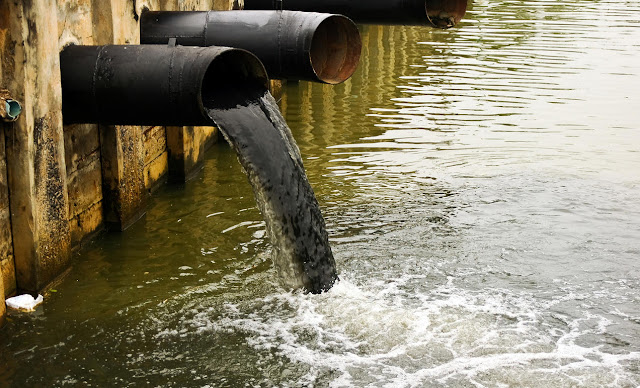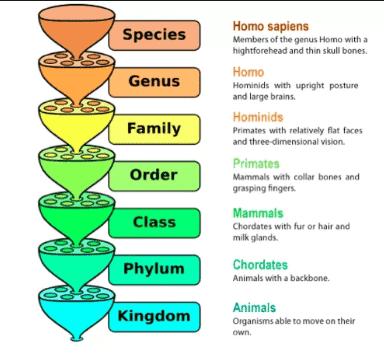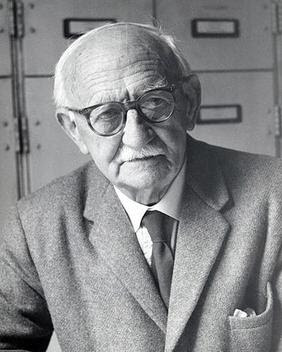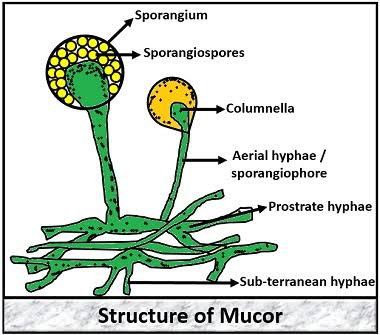British poet W. H. Auden once noted, “Thousands have lived without love, not one without water.” Yet while we all know water is crucial for all times , we trash it anyway. Some eighty percent of the world’s wastewater is dumped—largely untreated—back into the environment, polluting rivers, lakes, and oceans. This widespread problem of pollution is jeopardizing our health. Unsafe water kills more people annually than war and every one other sorts of violence combined. Meanwhile, our drinkable water sources are finite: but 1 percent of the earth’s freshwater is really accessible to us. Without action, the challenges will only increase by 2050, when global demand for freshwater is predicted to be one-third greater than it's now. Sip a glass of cool, clear water as you read this, and you'll think pollution may be a problem . . . elsewhere. Still, we’re not hopeless against the threat to wash water. to raised understand the matter and what we will do about it, here’s an summary of what pollution is, what causes it, and the way we will protect ourselves.
WHAT IS WATER POLLUTION:-
The contamination of water with undesirable substance which make it unfit for usage is termed water pollution.
 |
| Sorce Wikipedia |
CAUSES OF WATER POLLUTION:
- About 40% of deaths world-wide are caused by water pollution.
- Water pollution is caused by organic and inorganic industrial wastes and affluents discharged into rivers.
- Noise also causes anxiety stress reaction and fright.
Categories of water pollution:-
GROUND WATER POLLUTION:-
Both intentionally and unintentionally the Pollutants can reach underground rivers called aquifers. In areas of intensive animal farming or where there are many septic tanks, ammonium (NH4+) released from animal and human waste is converted by soil bacteria to soluble nitrate, which moves down through the soil into underground water supplies.OCEAN WATER POLLUTION:-
Coastal regions are not only the immediate receptors for local Pollutants, they are also final receptors for Pollutants carried by rivers that empety at a coast.Waste dumping also occurs at sea , and ocean currents sometimes transport both trash and Pollutants back to shore.Offshore mining and shipping add Pollutants to the oceans. Large oil spills kill plankton, fish larvae and shelfishes, as well as birds and marine mammals.SURFACE WATER POLLUTION:-
All kinds of Pollutants from various sources enter surface water. Sewage treatment plants can help degrade organic waste, which otherwise can cause oxygen depletion in lakes and rivers. As the level of oxygen decreases, the diversity of life is greatly reduced. Human faeces also contain pathogenic microorganisms that cause cholera, typhoid fever dysentery.Sewage treatment plants use bacteria to break down organic matter to inorganic nutrients, like nitrates and phosphates, which then enter surface waters. These types of nutrients which also can enter waters by fertilizers run off and soil erosion lead cultural eutrophication, an acceleration of the natural process by which bodies of water fill in and disappear. First, the nutrients cause overgrowth of algae. Then, when the algae die, oxygen is used up by the decomposers and capacity of water to support life, is reduced. Massive fish kills are sometimes the result of cultural eutrophication.
Industrial wastes can include heavy metals and organichlorides such as pesticides. These materials are not degraded readily under natural conditions, non in conventional sewage treatment plants. Sometimes, they accumulate in the bottom of mud of Delta's and estuaries of highly polluted rivers and cause environmental problems if they are disturbed.Some Pollutants enter bodies of water from the atmosphere. Acid deposition has occurred many lakes to become sterile in the industrialized world because acid leaches aluminium and iron out if the soil. A high concentration of these ions kills fishes and other forms of aquatic life.SOURCE OF WATER POLLUTION:-
 |
| Source Wikipedia |
EFFECT OF WATER POLLUTION:-
- Disease like cholera.
- Malaria
- Typhoid (spread during the raining season)
- Aquatic life gets destroyed.
How to avoid water pollution:-
- Rivers should not be used for washing clothes or bathing animals.
- Harvesting of rain water to meet water requirements.
- Dams and embankment must be crated.
- The rivers must not be contaminated.
- In sacred river like ganaga the dead bodies should not thrown.












0 Comments
If you have any query let me know.